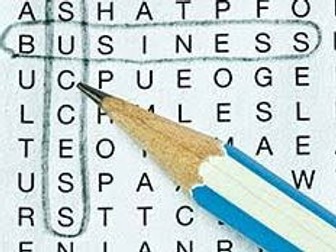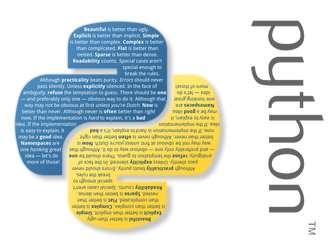
52 dingbat starters for Computer Science and ICT
Dingbats are images that make up keywords. I've used this as an end of term whole class game which really engaged the learners in thinking about Computer Science key terms. Great for literacy too. Or they could be used as a starter to hook learners as they enter the room. More suited to year 9 and above, but can be used in KS3 where the learners have been exposed to key terms such as open source, firewall, MP3, magnetic hard drive etc.


